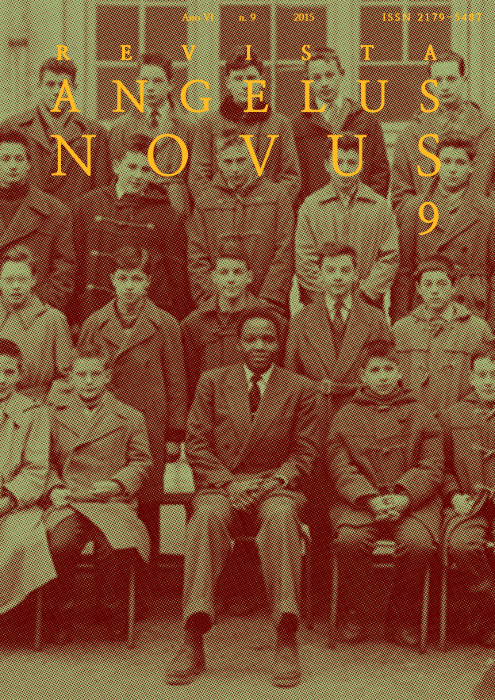Citizens, who?
The israelis and their relations with the "others"
DOI:
https://doi.org/10.11606/ran.v0i9.120101Keywords:
Israel, Citizenship, DemocracyAbstract
The anti-Semitic persecution in Europe and the context of violence during the first immigration wave in Palestine, contributed to the emergence of a kind of quite radical nationalism that crashed, at first sight, with the native Palestinians who resisted the exclusive domain of a Zionist supremacy project. On the other hand, the aspects of a Jewish national home in Palestine oriented, with priority, to European Jews, victims of the Nazi Holocaust and promoted later to the appearance of degree of discrimination for "other Jews." With the arrival of large numbers of Jewish immigrants from North Africa and the Middle East, the Sephardim, also emerged the concern with the unifying identity of the new state. It was imagined that Israel would not hold an eastern identity and must remain west, under Ashkenazi primacy, which reflected also, further ahead, in the treatment of Ethiopian Jews, especially to the immigrants in an irregular character, which often come into Israel with the status of refugees, victims of political persecution, hunger and of the wars in Africa. The article however aims to analyze the context of the Israeli-Palestinian conflict, faced the complexity and multiculturalism of Israeli society and so try to establish some questions about democracy and citizenship in Israel.Downloads
Download data is not yet available.
Downloads
Published
2016-08-31
Issue
Section
Dossiê temático: Racismo e antirracismo
License
1. Proposta de Política para Periódicos de Acesso Livre
Autores que publicam nesta revista concordam com os seguintes termos:
- Autores mantém os direitos autorais e concedem à revista o direito de primeira publicação, com o trabalho simultaneamente licenciado sob a Creative Commons Attribution License que permitindo o compartilhamento do trabalho com reconhecimento da autoria do trabalho e publicação inicial nesta revista.
- Autores têm autorização para assumir contratos adicionais separadamente, para distribuição não-exclusiva da versão do trabalho publicada nesta revista (ex.: publicar em repositório institucional ou como capítulo de livro), com reconhecimento de autoria e publicação inicial nesta revista.
- Autores têm permissão e são estimulados a publicar e distribuir seu trabalho online (ex.: em repositórios institucionais ou na sua página pessoal) a qualquer ponto antes ou durante o processo editorial, já que isso pode gerar alterações produtivas, bem como aumentar o impacto e a citação do trabalho publicado (Veja O Efeito do Acesso Livre).
How to Cite
Citizens, who? The israelis and their relations with the "others". (2016). Revista Angelus Novus, 9, 63-80. https://doi.org/10.11606/ran.v0i9.120101






